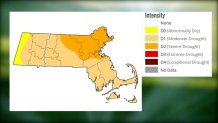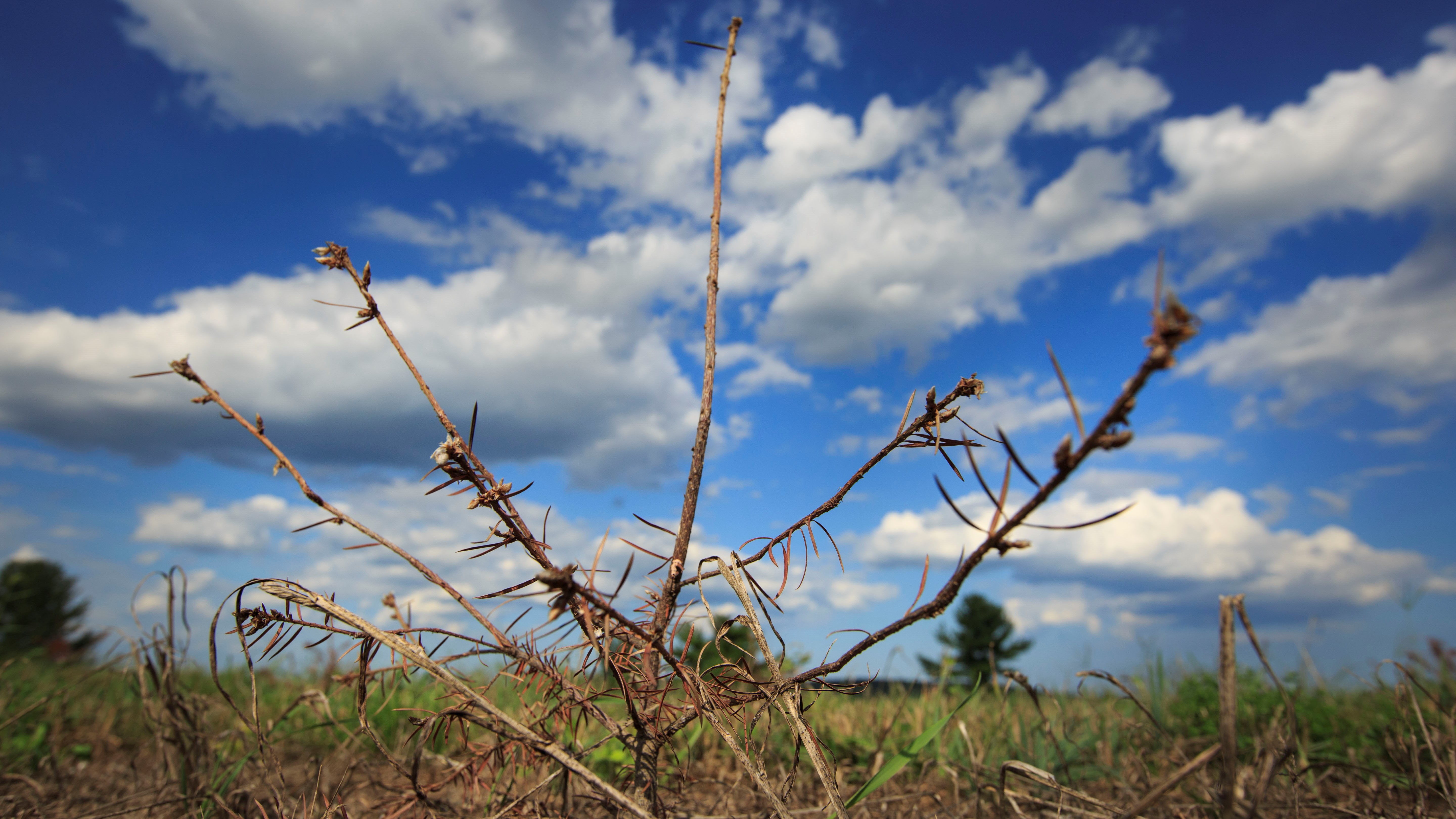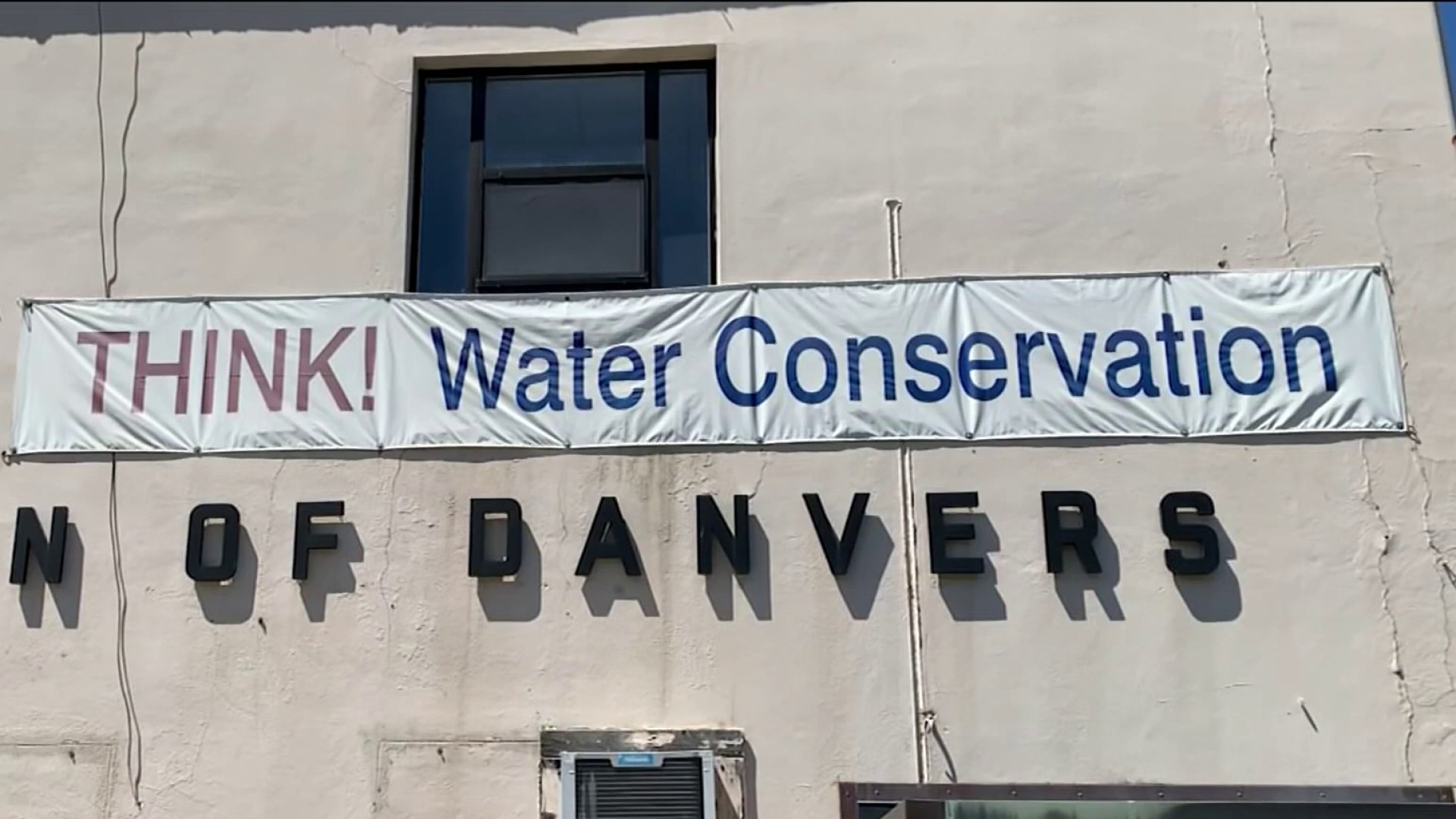A water ban in Pembroke, Massachusetts, brought on by severe drought conditions, could last up to two weeks, the town manager said Tuesday.
"If we get a significant amount of rain in the next week or two weeks, then we'll obviously reevaluate at that point," Town Manager Bill Chenard said.
For now, that means no washing vehicles, watering grass or filling swimming pools; fines for violating the ban start at $50.
"As long as people continue to conserve water, we'll be able to bring the tank levels up, bring the pressure up, and we're seeing that, we're seeing things start to stabilize," Chenard said.
Several Pembroke residents told NBC10 Boston their water pressure is still lower than usual, but that it has improved since Monday, when the ban started in the town.
According to Chenard, the water ban followed increased demand during the latest heat wave. Households in the town were using more water than the wells could supply, he said.
Pembroke is one of more than 100 Massachusetts municipalities with water bans in effect.
The U.S. Drought Monitor shows most of Massachusetts in moderate or severe drought.

"When you're taking a shower, the volume out of the shower head is not what it should be," resident Bob Lee said.
Pembroke is working to get a replacement well approved that could handle more water capacity, according to Chenard.
NBC10 Boston contacted the Massachusetts Department of Environmental Protection to check on the stage of approval for the well, but hadn't heard back as of Tuesday evening.
Pembroke Fire Capt. Bob Killinger told NBC10 Boston of the "severe situation" for his department Monday, as firefighters were unable to use fire hydrants. Crews would need to call in backup from surrounding areas whenever they run out of water from their own trucks.
"It's easier to put it out with a supply line from a hydrant than it is waiting for other trucks to come, depending on what town they're coming from and how long they get here," Killinger said.
Killinger added that he's been with the department for more than two decades, and only saw water restrictions twice: once less than a year ago, and then the latest ban.



